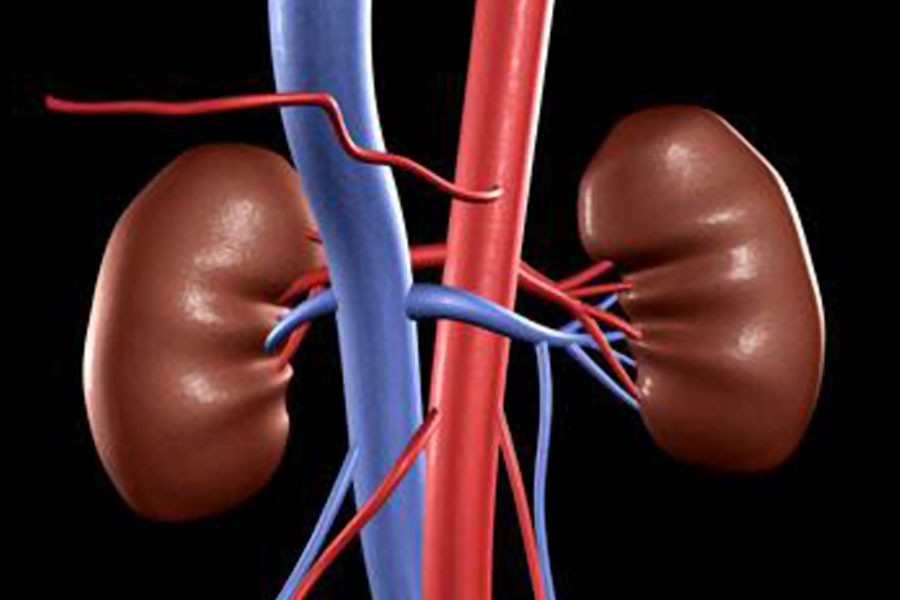Kidney patients can survive longer by having a kidney transplant through an easy process, instead of undergoing dialysis, if the existing organ transplantation law, which is faulty, is amended, experts maintained.
People with kidney diseases are now bound to undergo dialysis raising the cost and death toll in the deadly chronic diseases due to the Transplantation of Human Organs (Amendment) Act- 2018'.
A study has found that at least 45,000 people are attacked with kidney dysfunction in Bangladesh every year and only 10,000 of them require kidney transplant.
Dialysis is an alternative treatment method which involves huge cost ranging from Tk 30,000 to Tk 40,000 a month.
About 90 per cent kidney patients cannot continue dialysis more than three years due to the high cost.
These were revealed at a press conference on the Transplantation of Human Organs (Amendment) Act 2018 at Gonoshasthaya Nagar Hospital in the capital on Wednesday.
Demanding amendment to the act, GK trustee Zafrullah Chowdhury proposed formulation of a government body to regulate organ donation and transplant.
Mr Zafrullah said Bangladesh government is losing foreign currencies worth Tk 80 billion every year as well-off people are having kidney transplants in neighbouring countries like India, Sri Lanka and Singapore and the USA.
A kidney transplant in the USA costs Tk 20-50 million while in Sri Lanka and India it is costs about Tk 3.0-4.0 million, he said.
Bangladesh government can stop draining out of the currencies as hospitals in the country perform a kidney transplant only at Tk0.15 million to 0.25 million, Zafrullah said.
He said people are now engaged in illegal organ trade, especially of kidneys, falsifying identities as close relatives.
"Due to the provisions of the existing law, people have no way but to undergo costly dialysis or have kidney transplant either falsifying their identities here or going abroad," he said.
The existing law stipulates that only a close relative can donate organs and it defines close relatives as parents, children, brothers and sisters, husbands and wives as well as blood-related grandparents, grandchildren, cousins, maternal and paternal uncles, and aunts.
Zafrullah said as the close relatives are not always available to be donors, rich people buy organs from poor people falsifying the donors' identities and many go to neighbouring countries to have the transplants, wasting huge foreign currencies.
He proposed that no individuals, hospitals or doctors should be allowed to decide about transplantation of the organs on their own, but the decision should be made through a regulatory body.
He said anyone willing to donate organs should be given the scope of donating organs upon an independent verification through a regulatory body.
Zafrullah said in the countries like Iran and Canada, only the regulatory body can decide whether the donor should donate organ to a patient.
"They don't make it mandatory that only relatives can be donors but they strictly regulate the transplantation and that no individual, hospital or doctor can decide about the process on their own," he added.
He said the state authorities themselves in Iran collect organs from donors or dead people and transplant those in the bodies of the patients.
'They need no known donors for performing any organ transplant,' he said, such mechanism is beneficial for the patients and the country as well.


